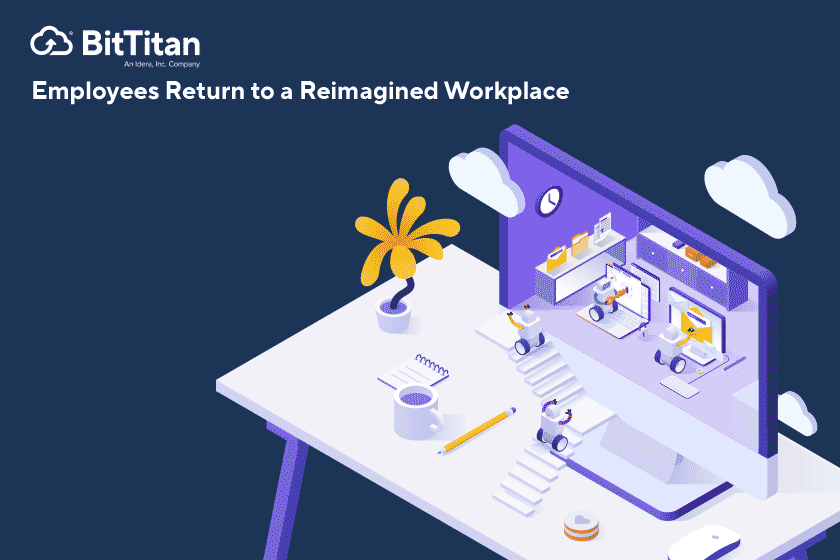A recent New York Times article by Kellen Browning (Big Tech Makes a Big Bet: Offices Are Still the Future, Feb 22, 2022), reports that “a recovery in commercial real estate is being fueled by the tech industry, which has enjoyed unchecked growth and soaring profits as the pandemic has forced more people to shop, work and socialize online.” This commercial real estate expansion signals a desire for tech companies to bring teams back into shared space. This seems counter-intuitive given that these very workers are probably some of the most adaptable when it comes to logging in remotely.
The Wall Street Journal reported that Microsoft informed employees they should start planning to return to the office at the end of February (Microsoft to Start Bringing Employees Back to the Office, Aaron Tilley and Chip Cutter, February 14, 2022). Microsoft is calling their move a hybrid strategy, giving managers responsibility for determining work arrangements that align with the needs of the team.
Companies like Apple, Salesforce, and Amazon have also begun to express concerns about the downsides of remote work, including isolation and being disconnected from the company’s culture. Despite management’s desire to see more employees in the flesh, all indications are that companies are proceeding cautiously, trying to strike the right balance between employer expectations and employee accommodation.
Hybrid work requires a flexible approach
Flexibility appears to be the name of the game – something we’ve all gotten a lot of practice at it over the last two years. Return-to-office plans will need to be built around the assumption that they will most likely change over time. Companies are recognizing that they need to plan flexible workspaces and incentives to demonstrate to employees that returning to work isn’t just to fulfill a manager’s need to keep an eye on their people.
Many companies are talking about work arrangements that have employees coming in a few days a week on a regular basis. Other companies may maintain office space primarily for teams to gather for collaboration and important meetings. Companies that go back to uniform attendance policies will likely lose those employees who found their groove with remote work. Of course, there’s also that segment of employees who are anxious to work in an office where small children aren’t wandering about in the background.
Post-Covid office space is already being reimagined at many companies. Instead of dedicated offices or desks for every employee, spaces are being arranged so they can flex based on need. Modular walls and furnishings could be a heads-down workspace one day and a collaborative thinktank the next. It’s likely we’ll be seeing fewer ping-pong tables and pinball games taking up real estate and more practical options for teams to design the way they want to work.
Technology for the post-Covid office
The technology companies adopted to accommodate Covid life will play a central role in shaping the new workplace as well. Employees will want to continue working wherever they feel most productive. They’ll need secure access to their applications, files, and collaboration platform whether they’re sitting at a desk, on a couch, or in the company cafe. And their meeting spaces need to be equipped to connect with colleagues wherever they’re located.
For companies that have not yet made the move to the cloud, a return to the office doesn’t alleviate any of the urgency to get that done. Since the most likely form office work will take is a hybrid approach – probably for the foreseeable future – employees will still expect to be able to do at least some of their work from anywhere. That means having easy access to modern collaboration platforms and seamless availability of the data and applications employees need to do their job.
Instead of talking about going ‘back’ to the office, we should probably be talking about moving forward to the next phase of work life. And we can look at the last two years as the time everything changed. At BitTitan we’ve learned a lot about what it takes to support the new ways people work. Our top priority continues to be making sure MigrationWiz remains the best tool for moving all your workloads so your entire team is working the way they work best.
In the end, it could be that the most important thing employees are looking for when they’re called back to the office is simply the opportunity to do meaningful work in a flexible and supportive environment.



